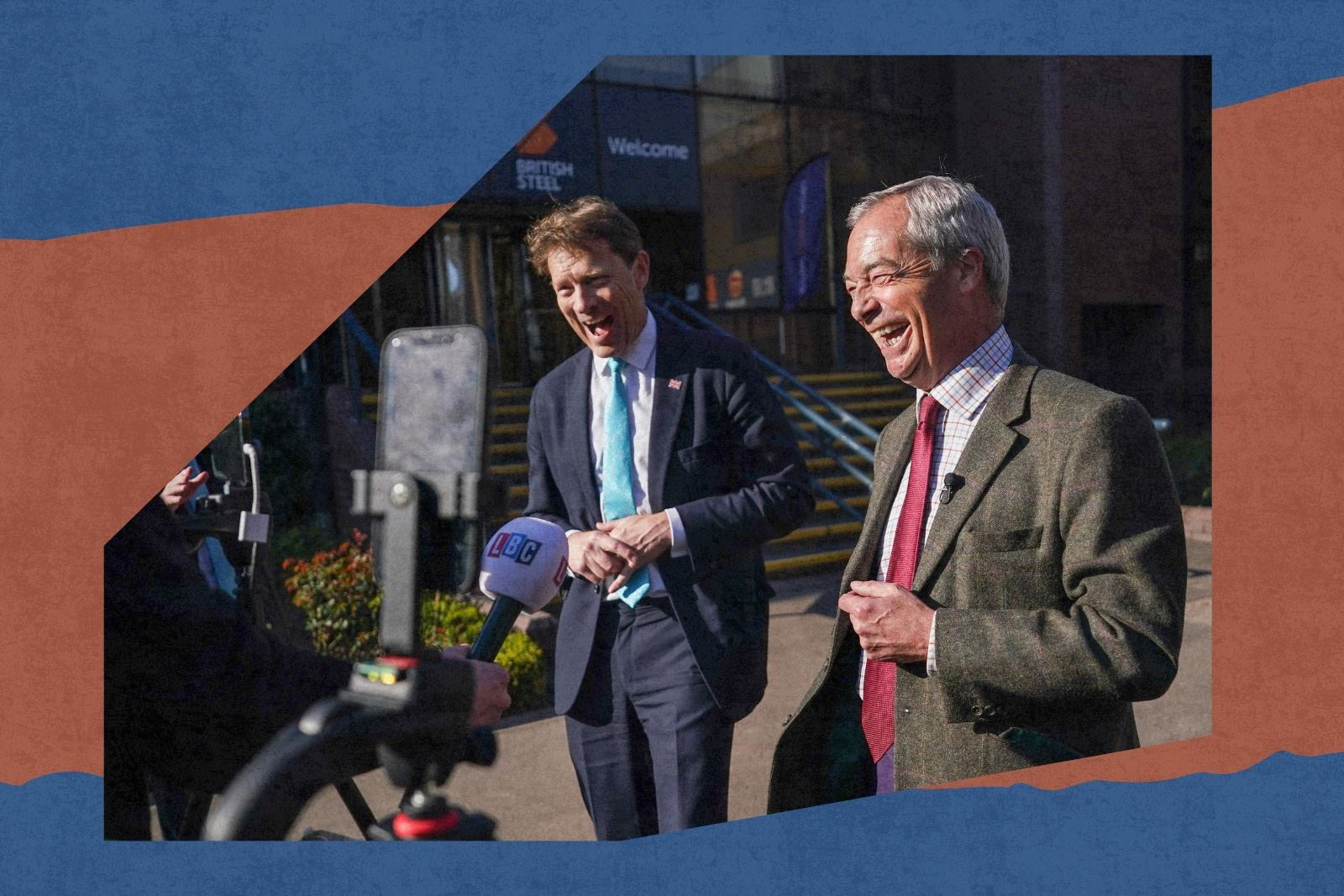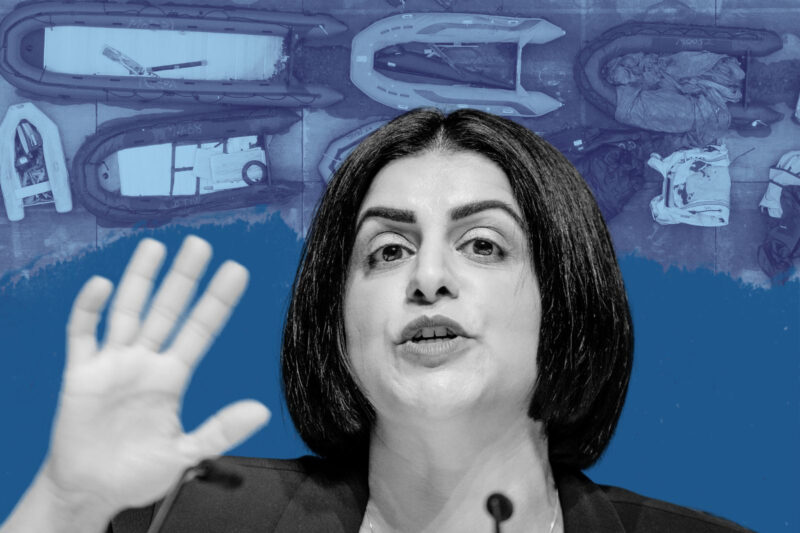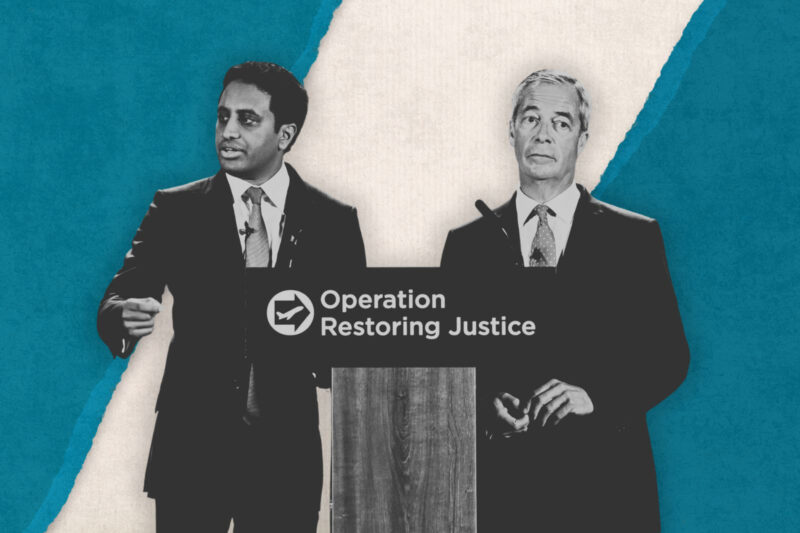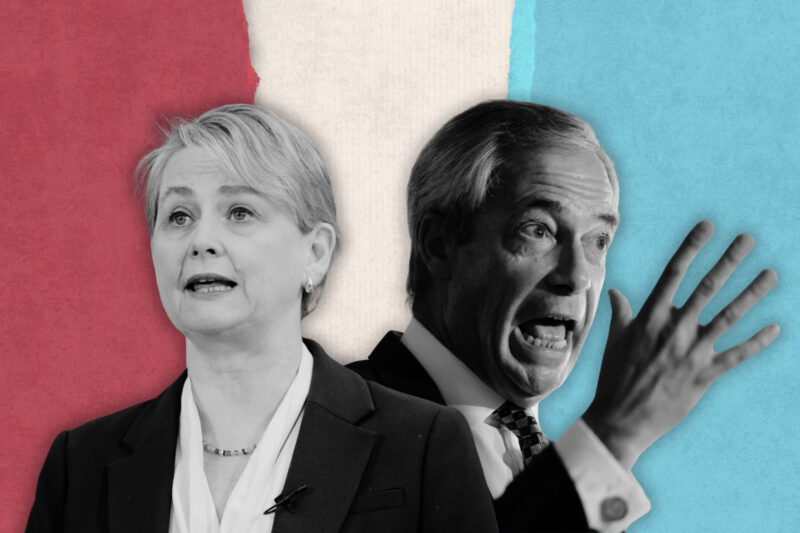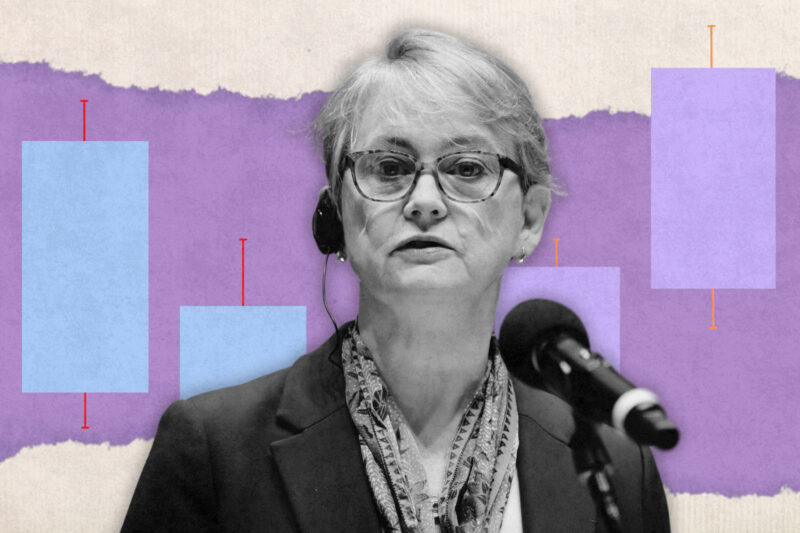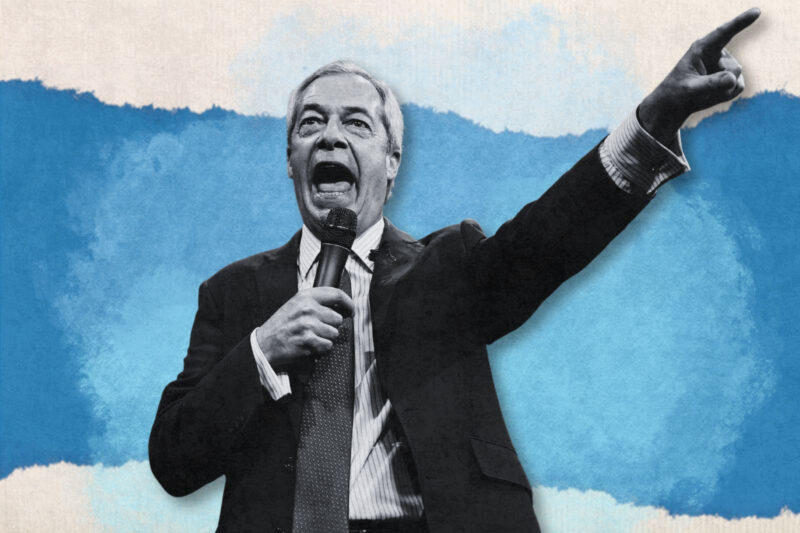Labour is openly fighting Reform on two fronts. Will it work?
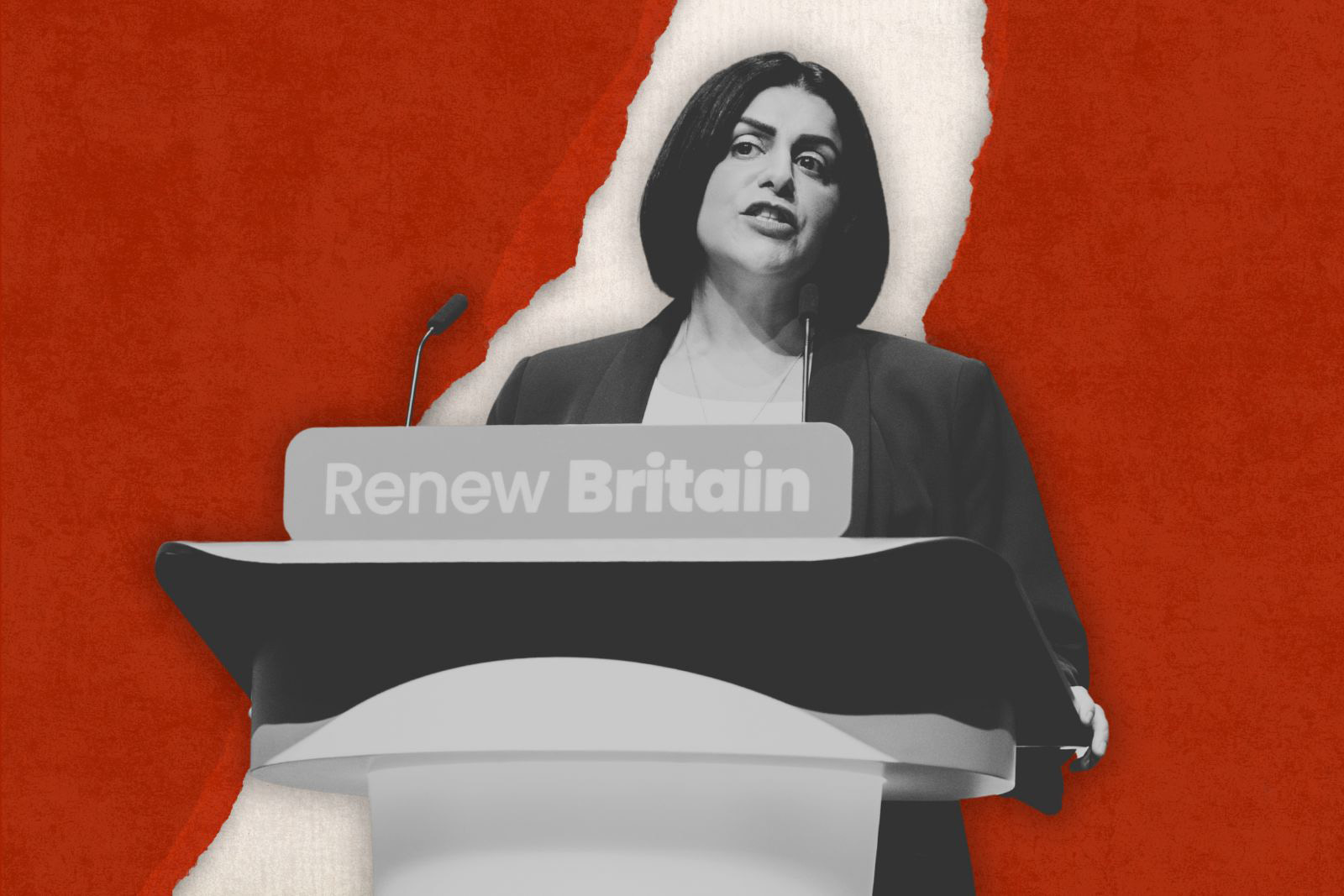
Shabana Mahmood’s speech to this year’s Labour conference revealed a tension in the party’s approach to Nigel Farage
For months, Labour MPs have been urging Keir Starmer to take the fight to Reform UK. With Nigel Farage’s party leading in the polls, the pressure from the back benches has been growing to respond more forcefully. So far, little has worked. Now, after a bruising period for the prime minister, we are starting to see a new strategy unfold.
Starmer himself set the tone at the start of the Labour party conference in Liverpool this week, declaring Britain was in “a battle for the soul of the country” against Reform. He described the contest as the “defining political choice of our times” and accused Reform of pushing “racist” and “immoral” policies, pointing in particular to its plan to scrap indefinite leave to remain — a move that could result in hundreds of thousands of legally settled migrants facing deportation. It was a striking escalation from a prime minister who has, until now, opted for a somewhat softer approach.
Starmer has now decided he cannot ignore Farage’s party any longer. Not only are they ahead in the opinion polls but a recent Ipsos Mori poll shows just how precarious Starmer’s own position has become: 35% of Brits now say they would prefer a Farage-led Reform to win the next election, just three points behind the 38% who would prefer a Starmer-led Labour. That gap is within the margin of error, and has particularly spooked some Labour MPs as it directly pits the two leaders against each other — something voting intention polls do not. One cabinet minister told me this week that they genuinely believe the Tories are irrelevant and that the fight is purely with Reform now.
As Starmer’s recently appointed home secretary, Shabana Mahmood is now at the forefront of this battle. Her address to the conference captured the tension at the heart of Labour’s new strategy. From the stage she launched a full-throated attack on the far right, condemning the 150,000 people who attended a Tommy Robinson rally earlier this month and saying that among them were “the heirs to the skinheads and the Paki-bashers of old”. She reminded the audience that, while not everyone at the rally shouted racist slogans, some did, and that in their view of Britain she — as a Muslim woman — had “no place”.
This was combative and intentionally provocative stuff, and rhetoric Labour members have long wanted to hear from their leadership. Yet in almost the same breath Mahmood also laid out plans for a tougher migration policy of her own. She proposed doubling the qualifying period for indefinite leave to remain (ILR) to 10 years and introducing new requirements for applicants to “earn the right” to stay, such as volunteering in their local communities.
I have been told that there are many within the party, including some cabinet ministers, who are uncomfortable with the policy — particularly for NHS staff, including doctors and nurses, who would have to wait longer and also volunteer in their spare time, while already being stretched and contributing to our health system, to get ILR.
Labour’s strategy to attack Reform more forcefully while tightening its own migration policy is intended to reassure wavering voters. But, by the same token, it risks satisfying no one, and has left some Labour MPs I’ve spoken to puzzled.
“It’s odd to simultaneously call Reform’s policies racist while we offer a slightly watered-down version of it,” one MP told me. “I think it sends a confusing message.” Others have been grateful that a more forceful approach is being taken. “Their policy is racist, ours isn’t, and I am glad we are taking that stance,” another said.
A handful of Labour councillors whose seats are up for grabs in the upcoming local elections in May told me this week that they do not believe the government can “out-Reform Reform” on immigration, and should not try at all. Andy Burnham, the mayor of Greater Manchester, captured the mood when he warned that some in the party were “underestimating the peril” it faces. While he is now coming under fire from some Labour MPs for his public political posturing, there are very few, at least privately, who disagree with his analysis.
Labour knows it cannot ignore Reform, and believes Farage’s ability to shape the national conversation on immigration has become too potent. That is why the repeated questions about Starmer’s future are so pertinent right now. Most MPs I asked at the conference said they believed this was not the time for any sort of leadership coup, but a fair few did warn that, at the current trajectory, and if Reform continues to grow, changing the leader and having a new voice to sell Labour’s message might be the only way to regain momentum.
That said, all the Labour MPs I asked do believe that if the government can deliver on improving people’s lives quickly, things can and will shift. The problem is that it often takes years to see the real life impact of government policy. As one cabinet minister told me: “The pressure is on for us to deliver stuff quickly, and we have to find a way.”
Shehab Khan is an award-winning presenter and political correspondent for ITV News.
 Newsletter
Newsletter


